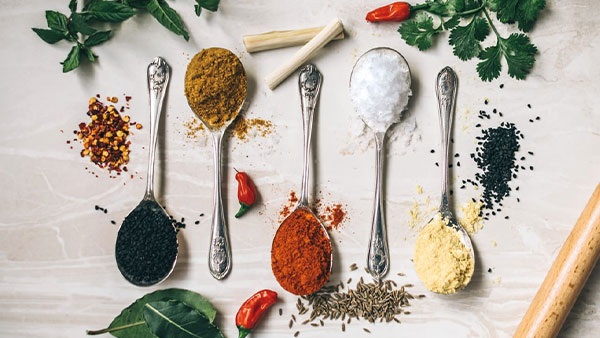Throughout my childhood, I always seemed to be in and out of doctors’ offices with recurrent sinus infections and viruses leaving with handfuls of medications that were supposed to make me better. Growing up in Ohio in a “fight or flight” household, diet and exercise were not as important as eating fast food, southern comfort food, or binging on TV to soothe me. I was extremely active in multiple sports including dancing and ate healthy compared to those around me. However, I still never felt good. To try hard to feel good but not have access to a doctor to explain why you don’t is very frustrating. The only solution offered back then was antibiotics and more antibiotics from doctors that just didn’t know any better. This led me to my adulthood, a time when I began to question the efficiency and quality of providers’ approach in healthcare. I felt more like a guinea pig not questioning their motives or approaches in how they looked at me personally and holistically instead of like everyone else. Doctors didn’t have the technology to diagnose gluten-related disorders or thyroid disease, so both were extremely underdiagnosed. These issues didn’t hit me hard until I was already progressed into full stage Hashimoto’s, having symptoms of adrenal fatigue, and dealing with chronic food allergies.
I question, where do we as a society begin to incorporate all aspects of health to understand the whole person, from the spiritual, mental, physical and energetic level? This all plays a part in the mind-body connection. My stress level was at an all-time high as I was trying to prove myself as a recent graduate from a well-known elite university and prove that women can transcend men in the world of business. My stress level was at an all-time high as I was trying to prove myself as a recent graduate from a well-known elite university with a business degree and prove that women can over exceed men in the world of business. I started working in healthcare and the biotech/diagnostic world right after college and though I had moments of really feeling healthy; I would crash and burn from mental exhaustion because my work ethic and drive to do good for others took over. Even though I was at the top, I was always exhausted and had body pain. It wasn’t until I was misdiagnosed at both my primary care and specialty doctors that I developed a proper diet for myself, thereby improving my health.
For years, I had endocrine issues but what gives? Why was no one able to really look at every systemic part of the underlying issues? Instead, doctors would choose to shove medication down my throat which ultimately made my body swing from hyper to hypothyroidism for many years. What’s worse is I didn’t know the damage that would be done to my fertility. In your 20s at your ob-gyn appointment, most providers don’t question if other underlying illnesses or stress could make your fertility window smaller and decrease your chances of conceiving.
The longer I would work with healthcare professionals on basic evidence-based medicine and preventative approaches, what bothered me most was their approach in western medicine of taking the easy way out and looking more at the clock and when their lunch was going to start instead of doing what is best for their patient. Where are their priorities, I wonder? Why are healthcare professionals some of the unhealthiest people in this country who don’t take care of themselves? It wasn’t until my late 20’s when things started to turn around. I always was a self-care healthy individual but I didn’t appreciate the mental stress and hardship I look on while traveling from place-to-place. I went from women’s health to oncology genetic and genomic testing to capture patients earlier in academics with some of the top experts in the country. Considering myself an analytical and overthinking lifetime student, I soaked up over 10 years of knowledge in the healthcare industry and how we can all come together to make it better. What I feel needs to change is how we approach self-care and the holistic approach to a patient instead of the everyone fits into the same box of treatment such as medication, surgery, or radiation.
There are various approaches to health care in the world that have worked for decades but because our western approach took over we missed the chance to bring together eastern and western approaches when necessary. It wasn’t until I was in my master’s program in Chicago, traveling weekly to California to work for an oncology leukemia and lymphoma lab where I went through full-blown chronic fatigue and my adrenals stopped functioning. This led me to the Ayurvedic approach and main center in Iowa – The Raj. I went through meditation training and understood the importance of the dosha = how I was a Vata, which didn’t surprise me because I need to feel settled instead of “up in the air” traveling all the time. I was exhausted, drained, stressed and my mission in life had changed. My new focus was to help people who were burned out find true happiness through teaching self-care and self-worth. Furthermore, those people who had inflammatory disease or mind stress and gut stress issues could begin healing through the principles of Ayurvedic medicine. Ayurvedic medicine includes naturopathy, spirituality, acupuncture, herbs, supplements and nurturing health balance. My goal is to be a practitioner who looks at the approach from digestive, mind-gut health and healing to help others actually feel good and empower them to follow their passion and live their destiny.

